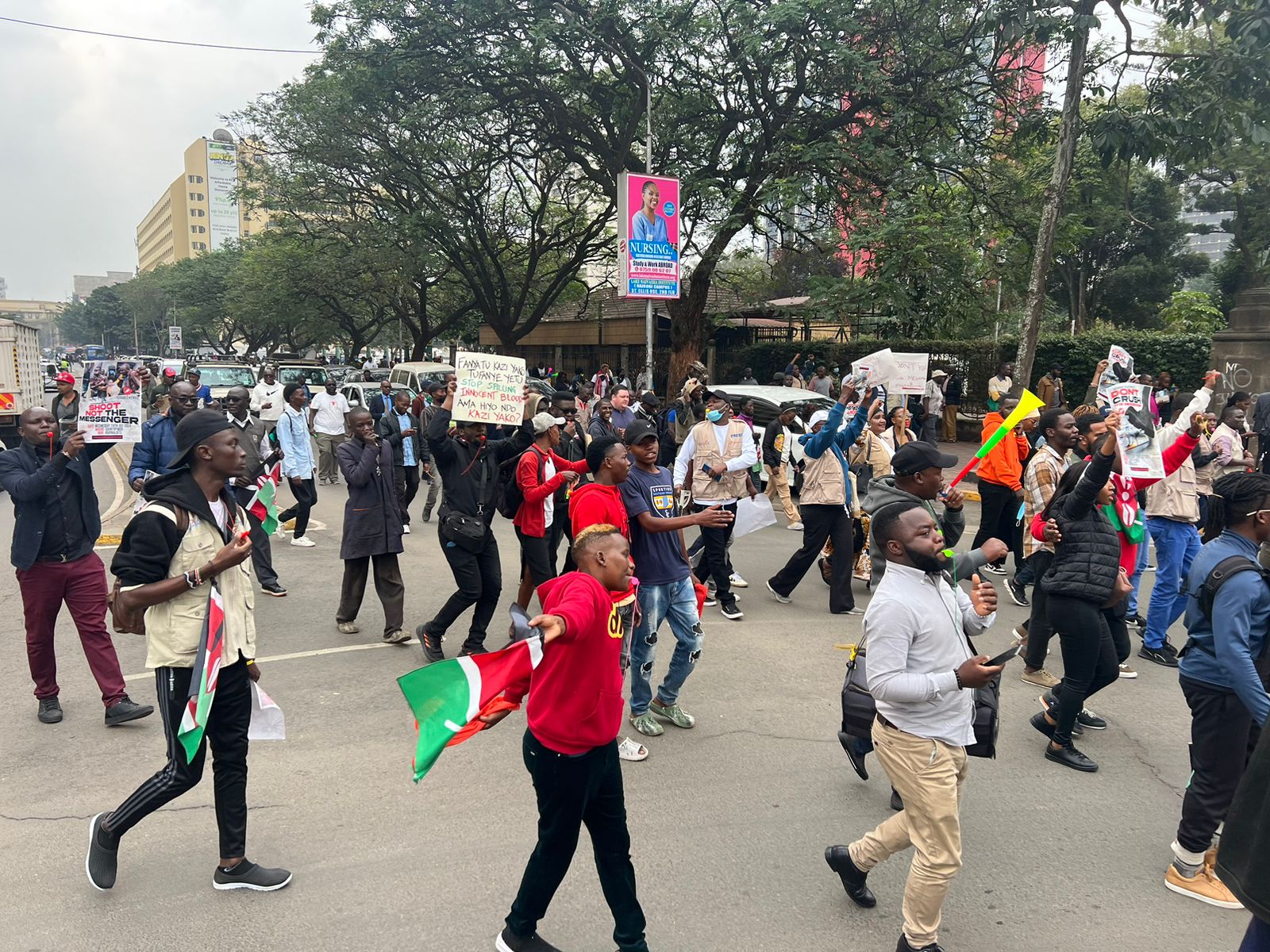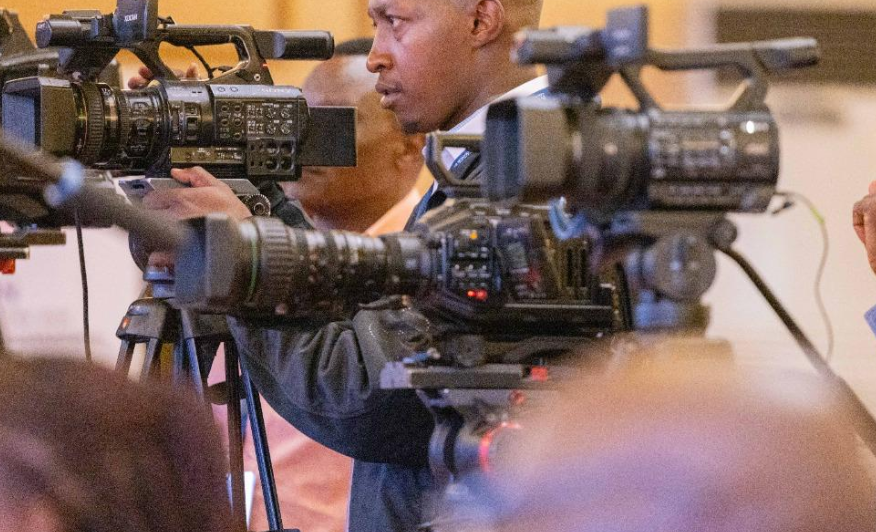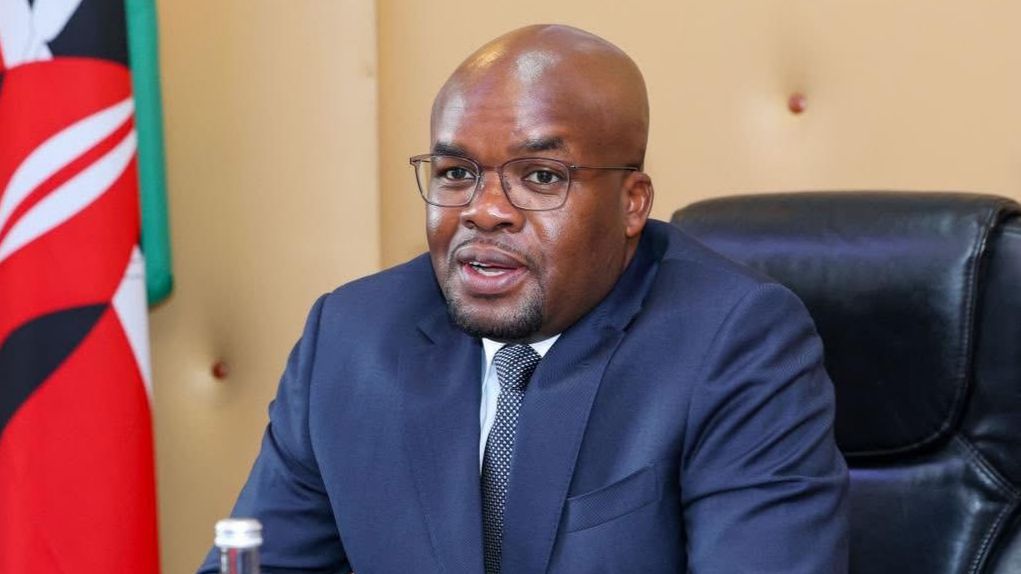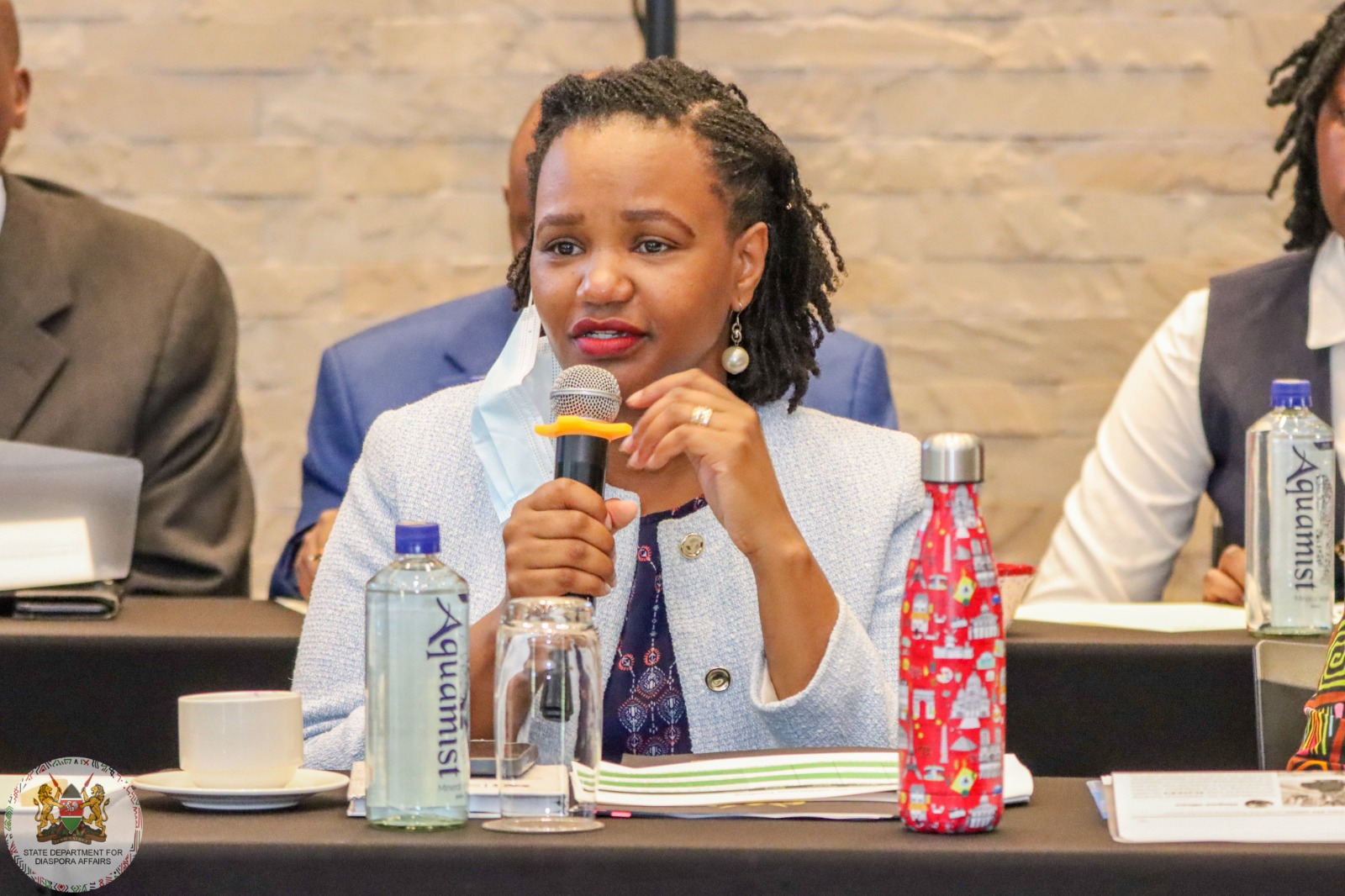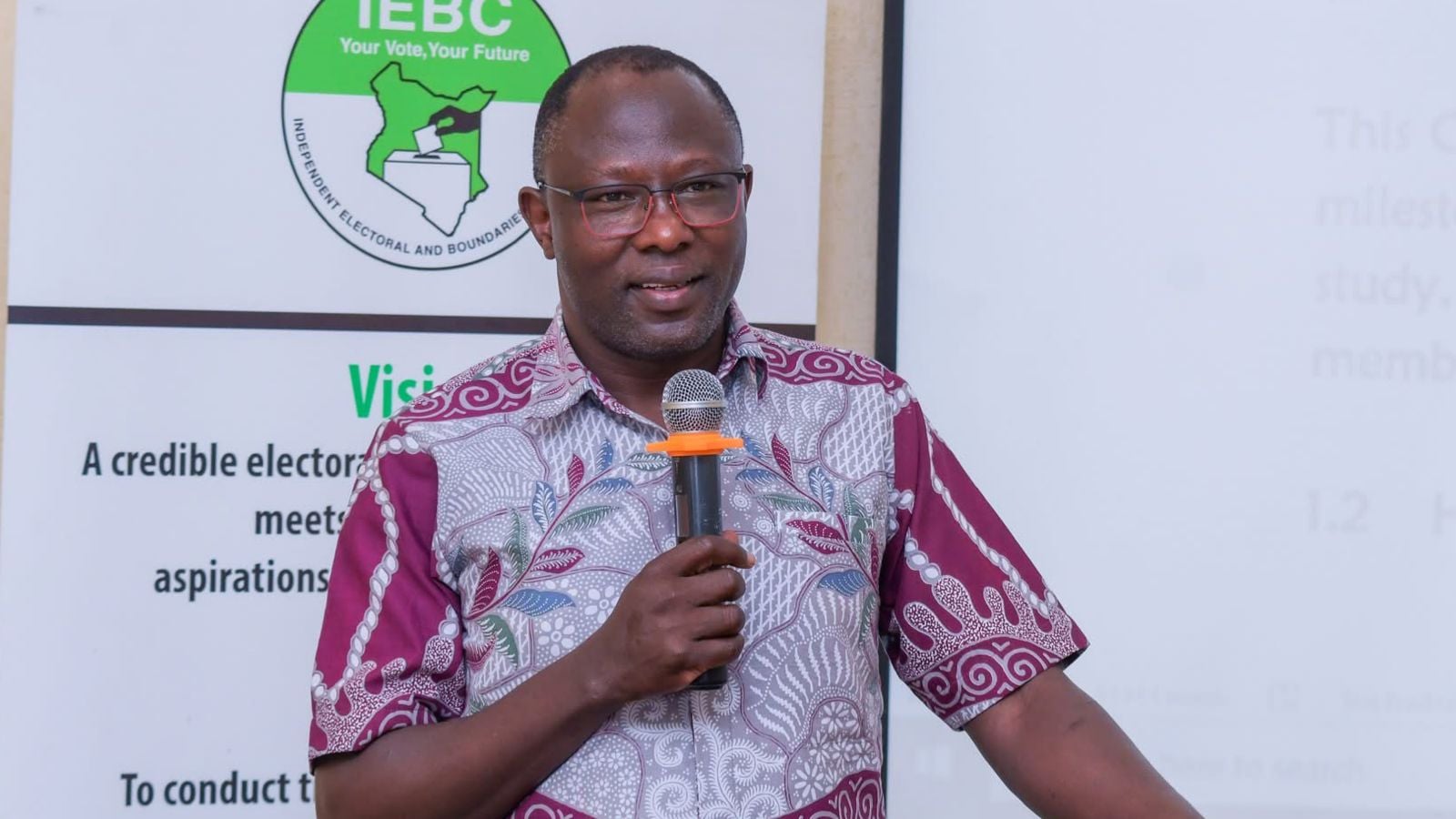By Dennis Ondieki
In recent years the African Continent has seen a rise in religious fervour, with Kenya being no exception. However, this religious zeal seems to have come at the expense of other important aspects of society, such as education, healthcare, jobs, and life skills.
Citizens are flocking to churches in the hope of finding jobs, wealth, and other material possessions, but this approach is flawed and unlikely to bear fruit. It is concerning that many religious leaders seem to be losing sight of their primary role, which is to preach the message of God and guide their congregations towards spiritual growth and development. Instead, some pastors, prophets, and men of cloth are using religion as a tool for personal gain, often resorting to falsehoods, trickery, and theatrics to manipulate their followers.
The recent arrest of Kilifi-based cult leader, Pastor Mackenzie, has once again brought to light the dangerous trend of religious extremism in Kenya. Mackenzie and his followers, who belonged to the Good News International Church, were found to have starved themselves to death in a remote forest in Kilifi, in the name of faith.
This tragic incident is just one example of how religion is being used to exploit vulnerable people, especially those who are desperate for a way out of poverty and hardship. Many people in Kenya are walking into churches empty-handed but with the hope of leaving with material blessings such as jobs, wealth, wives, and all kinds of life glamour. However, this approach is often misguided, as it ignores the importance of education, healthcare, and other essential services that are necessary for a better life.
Read More
This distortion of the message of the Lord is worrying, as it not only affects the spiritual well-being of individuals but also has wider implications for society. The lack of focus on education, healthcare, and other important sectors is a significant hindrance to progress and development. Citizens need to be empowered with the right knowledge, skills, and resources to contribute to the growth of their communities and the country as a whole.
Religious leaders have a critical role to play in society, but this role should not come at the expense of exploiting their followers. Instead, religious leaders should prioritize the well-being of their congregants by teaching them the values of love, compassion, and service to others. They should also promote education, healthcare, and other vital services that are necessary for the development of society.
Kenya has a long history of religious diversity, but this diversity should not be used as an excuse to promote extremist beliefs or to exploit vulnerable people. Instead, religious leaders should work together to promote peaceful coexistence and foster a culture of tolerance and understanding. They should also work towards empowering their followers with the knowledge and skills necessary to achieve their goals and contribute positively to society.
One way to address the issue of religious extremism and exploitation of vulnerable people is through the regulation of churches. Currently, many churches in Kenya are without proper oversight or accountability, which can lead to the proliferation of dangerous and harmful practices. Regulation can take various forms, including licensing and monitoring of religious organizations, setting standards for the conduct of religious leaders, and enforcing penalties for non-compliance with regulations. This would help to ensure that religious leaders are held accountable for their actions and that they operate within the law.
However, regulation must be balanced with the need to protect religious freedom and diversity. It is essential to respect the rights of individuals to practice their religion freely, without undue interference from the government. Therefore, regulation should be designed in consultation with religious leaders and other stakeholders to ensure that it is fair and effective.
Another aspect to consider is educating the public about the dangers of religious extremism and encouraging critical thinking. Many people are vulnerable to manipulation by religious leaders because of a lack of education and critical thinking skills. Therefore, it is crucial to promote education and awareness about the dangers of extremism and the importance of questioning religious teachings and practices.
Regulating churches is one way to address the issue of religious extremism and exploitation of vulnerable people. However, regulation must be balanced with respect for religious freedom and diversity. Additionally, education and awareness campaigns can help to empower individuals to make informed decisions about their religious beliefs and practices. By working together, we can promote a society that is respectful of religious diversity and promotes the well-being of all its citizens.
In conclusion, the church in Kenya and the African continent needs to take a step back and refocus on its primary role, which is to serve God and guide its followers towards spiritual growth and development. Religious leaders need to prioritize the well-being of their congregants and the wider society by preaching messages of love, compassion, and service to others, and by promoting education, healthcare, and other important sectors. Only then can we hope to see true progress and development in our societies.



